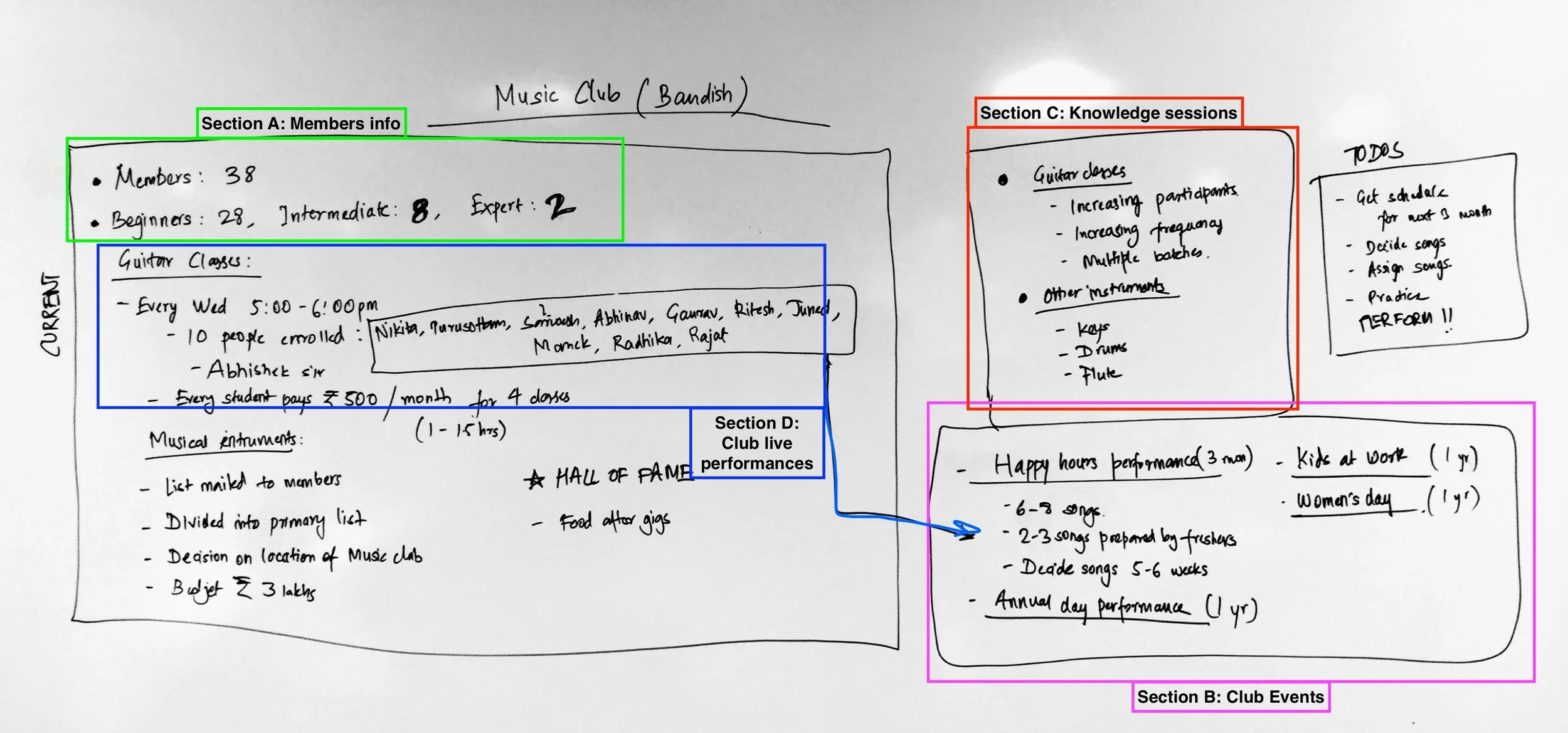FRAME YOUR LIFE (1 day at a time)
A few days ago, me and my friend were hanging around on a hot Saturday evening and watching the traffic grow on the overlooking road, when he suddenly exclaimed, "Life should be romantic!!". As I looked at him curiously, he retracted and said "Don't get me wrong", smiled and went on: "I read an article about a New York photographer who clicked a picture of his life, every day for 18 years, before he finally died of brain tumor (read more). Now imagine you also did the same thing. How would your photos look!?"
[1.30] The thought struck me. Photos carry a sense of nostalgia with them, a feeling associated with something joyous, or something that made you smile, or something you want to remember. But what if I rephrase this statement a bit and say that Photo can, in one frame, capture the essence of time, serve as a time capsule waiting to reveal a story. It would like therapy.
- Went through a shitty day?
- Does the memory of your last trip to Bali relaxes your mind!?
- Had an amazing day?
- What is the Moment of the Day for you?
[10 sec demo]
I know at this point of time you will have a sudden urge to take out your mobile cameras. But, for this exercise lets use our brains rather than memory cards. Doing this will ensures two things. First, when you close eyes and your search for that perfect frame that defines your day, the experience will be more immersive than looking through the lens of a camera. Second, if you follow this ritually, you will hopefully find the best moments of your days, the silver linings in your cloudy days. I would like rag-picking art out of your miserable day.
[2.30] Now many of you may think that why is this guy talking about depressing days. I have to admit I am, or rather was a few weeks ago. And I would be so glad if YOU are not. But, even if you find yourself twirling in the whirlpool of your busy life, trying hard to take control of it yet failing, I would ask you to give this idea a serious thought. Photography has proven to have beneficiary medical effects on the user (read more).
[3.30] And here's my point. Because you will not have a handheld device with you, the results of this practice, the images, will be yours and yours only. ABSOLUTELY PERSONAL! They will be free from the criticism of photo-experts, the judgement of others. You won't have to prove/showcase your talent on social media and hence can avoid the anxiety ride that comes along with it. You alone will be the creator, editor and the reviewer of these memories. Sounds good?
[4:30] I saw a film few years ago, named "The Secret Life of Walter Mitty". In the movie, Walter finds this world famous photographer, Shawn, perched in the mountains of Hindu Kush, Afghanistan waiting to capture the sight of snow leopards that are rare to find. And when Shawn found a leopard right between the frame of his camera, he did not press the capture button. When Walter asked him why, he said "Sometimes when I like a moment, me personally, I do not like a distraction, I stay in it. Right there."
[5:30] Beautiful things in life do not ask for attention, and that's why its easy to miss them. So I ask you, I urge you, to be in the moment, to be attentive, to love the beauty that has passed and the one that lies ahead of you. And someday, ONE day, you will realize that you have become a romantic. You will realize that LIFE with all its futility, is one brilliant gift that has been bestowed upon you, a gift that you can fall in love with… I want to leave you with a quote from the same movie:





